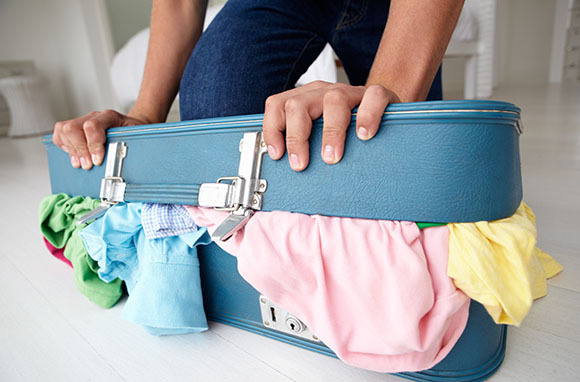
You know that slight sense of anxiety that grows as your departure date nears? Well, it may be wise to listen to your gut. Travel is fraught with the unexpected (that’s why it’s such an adventure). But the more prepared you are, the better you’ll be equipped to handle the unforeseen complications, quandaries, and minor disasters that are pretty much routine on the road. How do you know if you’re truly ready to set off on a successful journey? Here are 10 signs you’re not quite prepared for your next trip.
Image Gallery
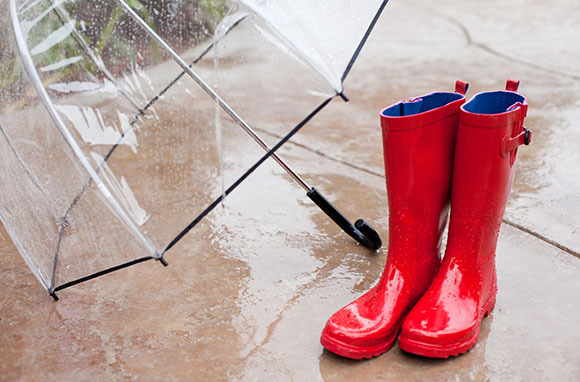
You Don't Know the Weather
The weather in your destination influences everything from what you should pack to whether your plane is delayed, especially if you're traveling during spring or fall, when fluctuating temperatures are standard. Log onto your favorite weather website a few days before departure and check local conditions; then pack accordingly. And if you see a foul-weather forecast, double-check your flight status.

You Don't Know the Weather
The weather in your destination influences everything from what you should pack to whether your plane is delayed, especially if you're traveling during spring or fall, when fluctuating temperatures are standard. Log onto your favorite weather website a few days before departure and check local conditions; then pack accordingly. And if you see a foul-weather forecast, double-check your flight status.

Your House Looks The Same
You're probably not ready to travel if you haven't taken care of key tasks around the house. These could include setting your lights on a timer, cleaning out the fridge, and placing a stop order on your mail.
Have you heard of "vampire power"? That term refers to the electrical power consumed by devices that are turned off yet still plugged in, sucking up energy like, well, a vampire. Before traveling, unplug devices such as your television, microwave, or air-conditioning unit to save on electricity.
For more tips, see our Essential Pre-Trip Checklist.
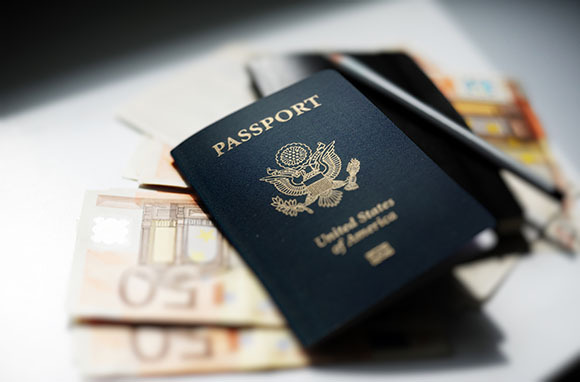
You Don't Have Backup ID
Always carry a copy of your passport and driver's license (or other identification) when you travel, especially if you're flying or going overseas. If your passport gets lost or stolen, a backup copy will ease the process of applying for an emergency passport. Either fold a paper copy into your suitcase, or scan your ID and upload the images so that you can access them on your phone or computer.
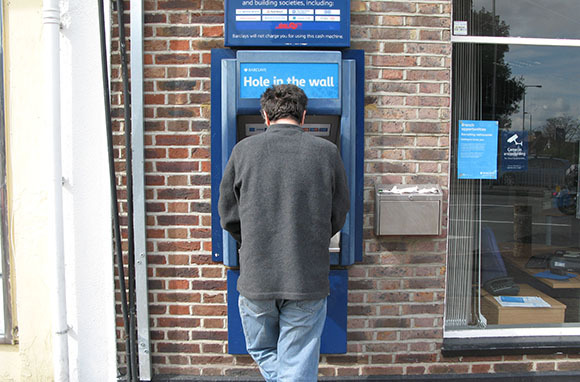
You Haven't Hit the ATM
According to our sister site IndependentTraveler.com, not having extra cash for emergencies is one of the 20 worst travel mistakes you can make. Cash is crucial when you're in an ATM wasteland and local businesses won't accept credit cards. It's also a must for tipping everyone from the bellman to the shuttle-van driver.
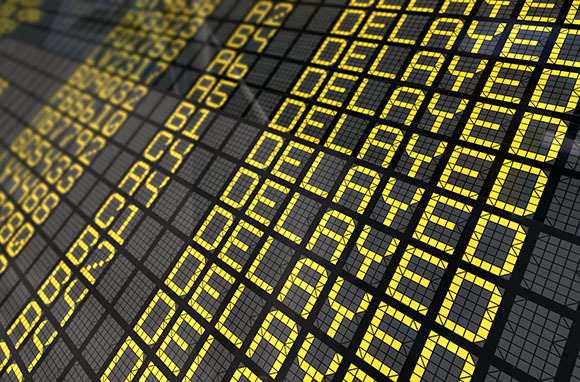
You Don't Know Your Flight Status
Check up on your flight regularly before you depart. Sites like FlightStats and FlightAware are good places to start—as is, of course, your airline website. Even if the weather's balmy and bright, a cancellation or significant flight delay could still happen. Delays are commonly caused by everything from technical glitches to congestion to problems with airport security. Make things easier by having your flight number handy at all times.
Naturally, travelers should be extra watchful when it comes to foul weather and flight schedules. Airlines will sometimes cancel a swath of flights before an anticipated storm has even arrived, so be aware of that, too.
While you're at it, confirm all other reservations you've booked in advance, from hotel stays to car-rental bookings.

You Don't Have a Plan for the Little Things
Trip planning is laden with tiny logistical tasks that can, if forgotten, have a calamitous effect on your travel experience. Do you have a strategy for ground transportation to your hotel and to the airport? Do you need to convert currency? How soon after you arrive will your hotel room be ready? Have you booked any tours or made restaurant reservations in advance? (These are particularly important to-dos during high season.)
Make your life easier by having a rough first-day itinerary laid out, especially if you're facing a long-haul flight. Ahead of your departure, plan where to grab a bite to eat once you land, where to exchange your money, how to get from the terminal to your car-rental location, etc.
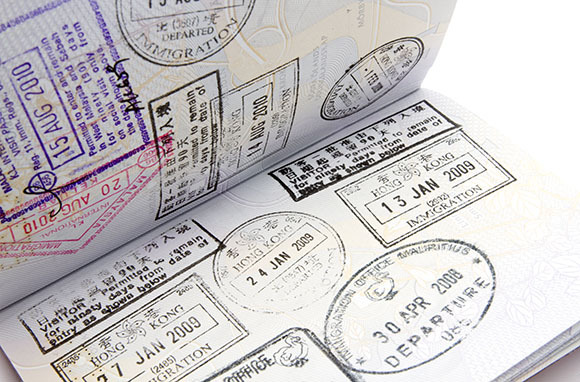
You Don't Know Your Passport Expiration Date
Not a lot of explanation is needed here. I know very experienced travelers who've booked trips only to discover—with horror, weeks prior to departure—that their passports are close to expiring. Most European Union countries require international visitors to have passports with three months' validity, but some countries, like China and Indonesia, require six months' validity.
The rules are different if you're setting sail, too. Celebrity Cruises, for example, requires all passengers to have a passport with six months' validity before boarding.
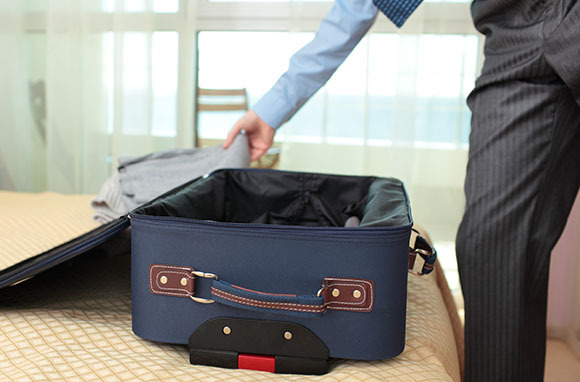
You Haven't Even Thought About Packing
One simple, fail-safe way to produce a perfectly packed bag is to get your stuff together well in advance. Use a packing list and start collecting what you'll need for your trip at least a few days before departure—or even longer. A SmarterTravel reader shared the following tip: "Set out what you think you need and then go through what is there; start eliminating the duplicates or things that are conveniences, which you can do without for a day or two. Remember, most of us overpack and don't use all of what we do pack."
For more packing ideas, see Five Tips for Fitting it All in a Carry-on Bag.

Your Cell Phone's The Same
Unless you travel often and already have an international phone plan, you'll likely need to make a few tweaks to your phone before traveling if you're planning on making calls on your device while abroad. Major cell-phone providers offer various international calling and data plans that are often specific to countries or world regions, but not all phones will work overseas; check with your provider to see if your device does. International plans tend to be both complicated and costly, so be prepared to sort through a wall of fine print before you know what you'll really have to pay when using your phone in other countries.
If you don't want to make calls with your phone but plan on bringing it with you, turn off your 4G or LTE connection and your data, lest you run up roaming charges just by having your phone on. For more information, read these overviews from AT&T, Verizon, and T-Mobile.

No One Knows You're Leaving
For safety reasons, tell someone where you're going. (But try not to announce it on Facebook or Twitter, where untold strangers could learn that your home will be unattended.) Ask your neighbor to keep an eye on your house or apartment. If you live in a small town, you might also want to let the police or your local neighborhood-watch group know that you won't be at home for a period of time.
Add your credit-card company and your bank to the list. Always report travel so that your account won't be suspended if you use your cards in a new location. Additionally, make sure you have the contact information for your credit-card issuers, in case your card gets suspended anyway. It happens sometimes.
More From Smartertravel:
We hand-pick everything we recommend and select items through testing and reviews. Some products are sent to us free of charge with no incentive to offer a favorable review. We offer our unbiased opinions and do not accept compensation to review products. All items are in stock and prices are accurate at the time of publication. If you buy something through our links, we may earn a commission.
Related
Top Fares From
Today's Top Travel Deals
Brought to you by ShermansTravel
Shop and Save with Country Inns...
Patricia Magaña
 Hotel & Lodging Deals
Hotel & Lodging Deals
$229 -- Chicago: Discounted Rates and...
Francesca Miele
 Hotel & Lodging Deals
$229+
Hotel & Lodging Deals
$229+
$188 -- Honolulu: Save on Oceanview...
Abigail Lamay
 Hotel & Lodging Deals
$188+
Hotel & Lodging Deals
$188+



